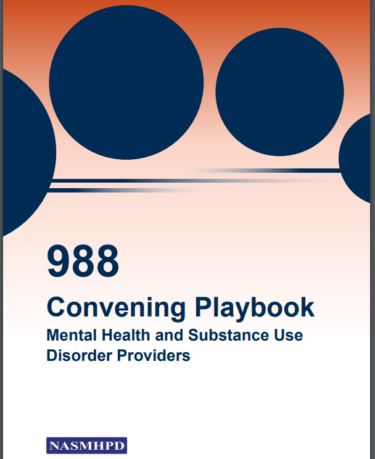Enhancing Harm Reduction Services in Health Departments: Fentanyl Test Strips and Other Drug Checking Equipment
With increasing rates of overdoses involving fentanyl and other adulterants, the federal landscape has shifted in support of fentanyl test strips (FTS) as a strategy to prevent overdose. Beyond preventing overdose, FTS and advanced drug checking equipment can also be implemented to better understand the drug supply and tailor harm reduction messaging to local PWUD populations, as well as harm reduction services more broadly.
To identify how FTS and drug checking can be implemented for harm reduction purposes within health departments, the National Council for Mental Wellbeing, with support from the Centers for Disease Control and Prevention (CDC), conducted a literature review and 11 key informant interviews with staff from organizations that have implemented or are in the process of implementing drug checking services. The information gathered identified 1) three types of drug checking equipment that are most commonly used in harm reduction settings and 2) strategies that local and state health departments and their community-based harm reduction partners can implement to expand access to FTS and drug checking services.
This publication was supported by the Centers for Disease Control and Prevention (CDC) of the U.S. Department of Health and Human Services (HHS) as part of a financial assistance award totaling $248,980 with 100% funded by CDC/HHS. The contents are those of the author(s) and do not necessarily represent the official views of, nor an endorsement by, CDC/HHS or the U.S. Government.


